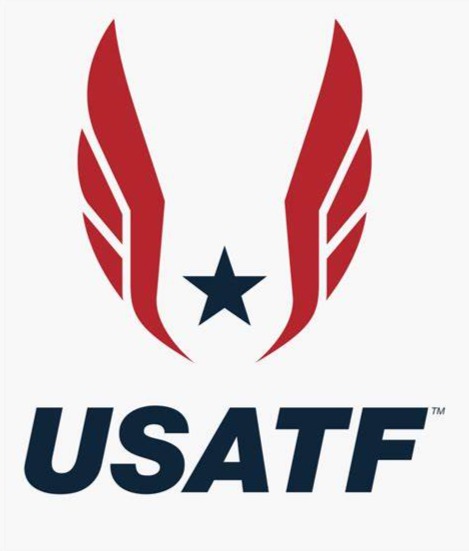Becoming a successful athlete requires more than just physical prowess; it demands dedication, mental toughness, and strategic planning. As a parent or athlete, your role in this journey is pivotal. This guide aims to provide you with a roadmap for achieving success in sports, both on and off the field. Here are the key principles and strategies to follow:
- Set Clear Goals:
- Define specific, measurable, achievable, relevant, and time-bound (SMART) goals for both short-term and long-term success.
- Encourage athletes to set goals that are within their control, such as improving personal bests, rather than solely focusing on winning.
- Develop a Growth Mindset:
- Emphasize the importance of effort, persistence, and learning from setbacks.
- Teach athletes to view challenges as opportunities for growth rather than insurmountable obstacles.
- Prioritize Health and Wellness:
- Stress the significance of proper nutrition, hydration, sleep, and injury prevention strategies.
- Encourage a balanced lifestyle that includes rest and recovery to optimize athletic performance and overall well-being.
- Practice Consistently:
- Consistent practice is the cornerstone of athletic success. Encourage athletes to commit to regular training sessions and drills.
- Emphasize the importance of deliberate practice, focusing on specific skills or aspects of the game that need improvement.
- Seek Quality Coaching:
- Find experienced coaches who prioritize skill development, technique, and sportsmanship.
- Encourage open communication between coaches, athletes, and parents to ensure alignment in goals and expectations.
- Embrace Failure and Learn from Mistakes:
- Teach athletes that failure is a natural part of the journey and an opportunity for growth.
- Help them develop resilience by analyzing mistakes, identifying areas for improvement, and adjusting their approach accordingly.
- Cultivate Mental Toughness:
- Train athletes to maintain focus, stay composed under pressure, and overcome adversity.
- Introduce mental skills training techniques such as visualization, goal-setting, and positive self-talk.
- Promote Sportsmanship and Respect:
- Instill values of fair play, integrity, and respect for opponents, teammates, coaches, officials, and the rules of the game.
- Celebrate victories with humility and learn from defeats with grace.
- Manage Time Effectively:
- Help athletes balance their academic commitments, training schedules, and personal lives.
- Teach time management skills to prioritize tasks, set schedules, and maintain a healthy work-life balance.
- Celebrate Achievements and Milestones:
- Recognize and celebrate both individual and team accomplishments, no matter how small.
- Encourage athletes to reflect on their progress and acknowledge the hard work and dedication that led to their success.
Success in sports is a journey that requires dedication, discipline, and resilience. By following the principles outlined in this guide, parents and athletes can navigate this journey with confidence, knowing that they have the tools and support needed to achieve their goals. Remember, true success is not just measured by wins and medals, but by the growth, character development, and lifelong lessons gained along the way.
Powered by Froala Editor



